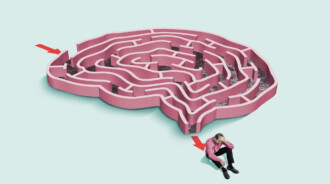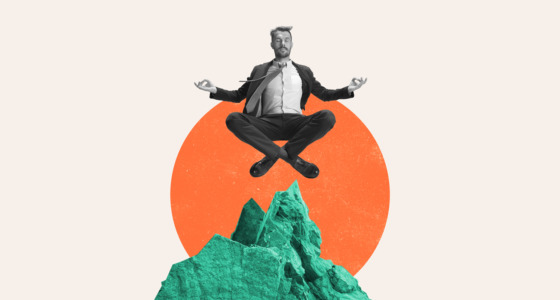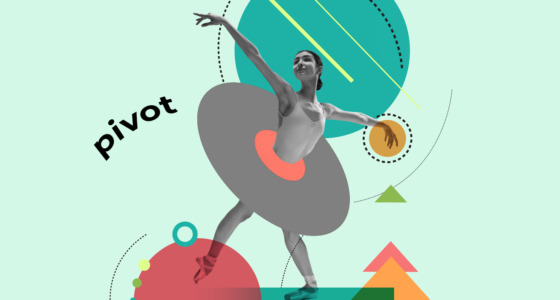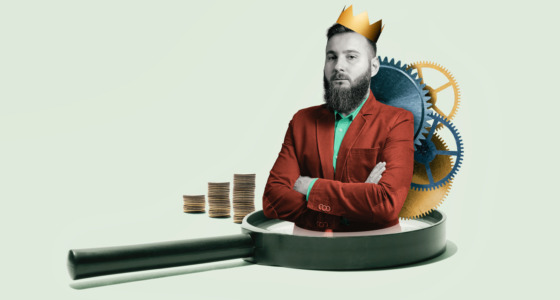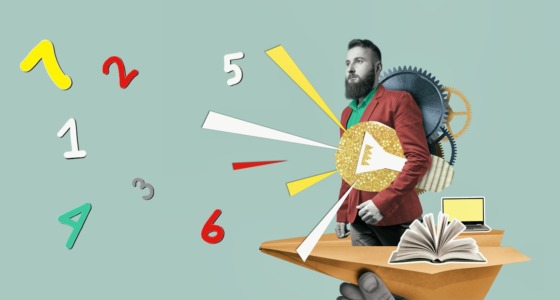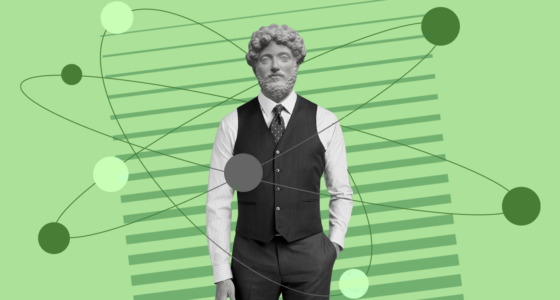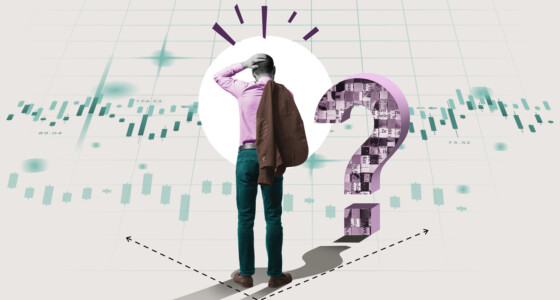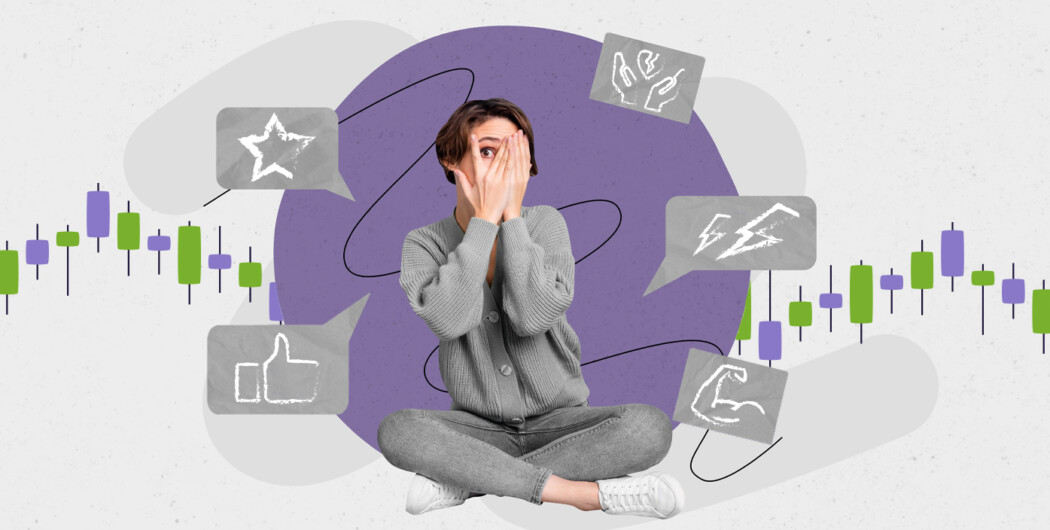

Bill Ackman, a widely successful hedge fund manager, admits that the stock market is a good teacher about life. For instance, he had to face his tendency for blind faith after several epic fails. His long position in the troubled pharmaceutical company Valeant, and short position in the thriving health supplement company Herbalife, cost him almost his entire net worth. Well, here’s to hoping that people learn from their mistakes.
Whether you’re at the start of your trading career or making big moves like Bill Ackman, you’ll agree that it’s a never-ending learning journey. Here are discoveries and areas of self-knowledge that trading makes possible.
How risky or risk-averse you actually are
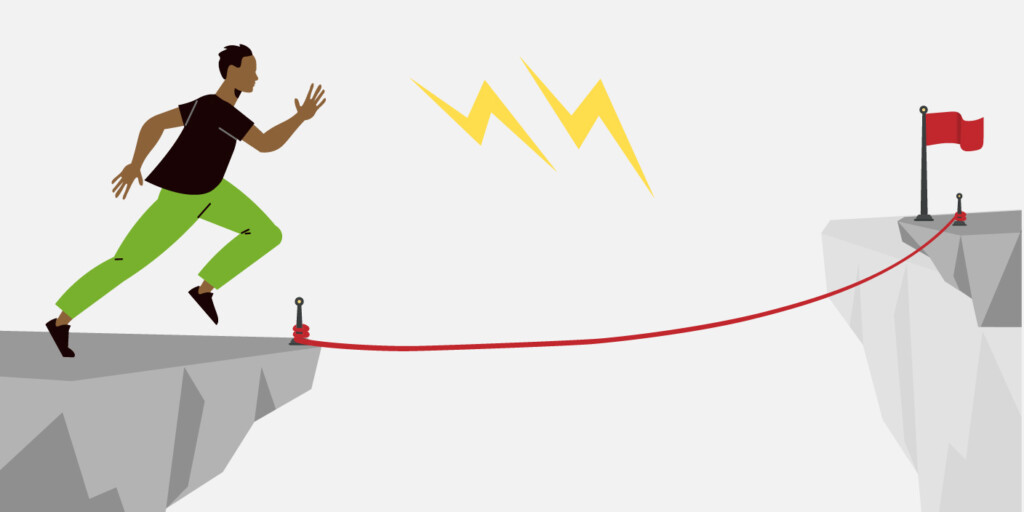
Trading shows you how comfortable you are with financial risk. You suddenly understand your own preference for risk in both professional and personal lives. You may even be surprised to learn that you’re riskier than you thought.
Trading naturally suppresses your risk aversion, at least to some extent. You can’t be an incompetent nervous passenger in the financial market; your job is to defeat the risk and find success regardless of it. As a trader, your job is not to be afraid.
You can feel invincible one day and fragile the other day
You learn that every day can be different, and you’ll view yourself as a different person because of it. For example, there are days when markets “behave”. Nothing seems out of the ordinary, all your positions are strong, and you just need to follow the routine plan. This is when you and your portfolio feel invincible.
Other days feel like the world is out to get you. Small bouts of anxiety can lead to spirals, and you’re forced to build mental strength.
You have unusual strengths and weaknesses
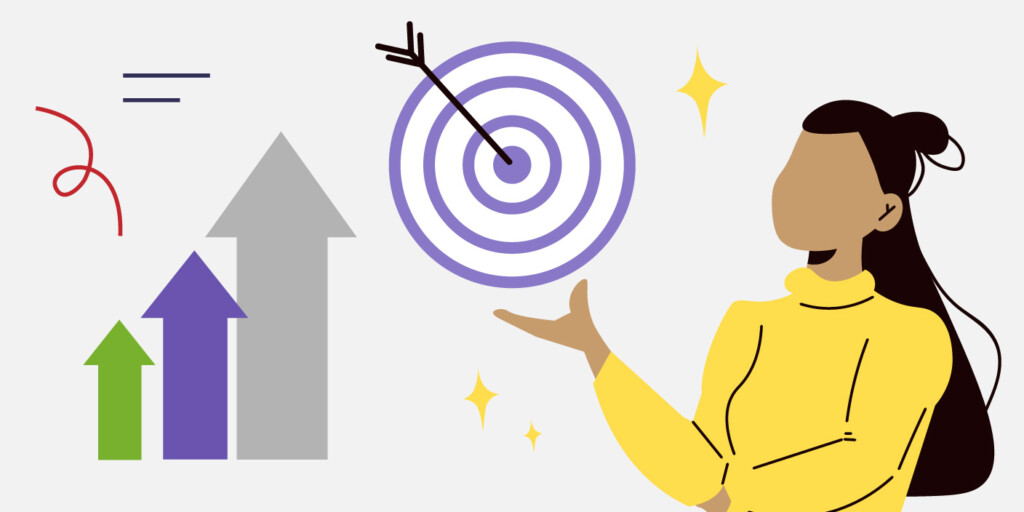
You may find out that you don’t give yourself enough credit for being determined, flexible, and patient. As for the weaknesses, you may learn that you’re more competitive, critical, or disorganized than you thought.
You gain a deeper self-understanding of what you’re good and bad at. Turns out you’re good at math and bad at taking personal responsibility. Whatever it is, trading will push these realizations to the surface.

Being alone isn’t bad
People tend to think solitude is a negative experience they’re being forced into. But you chose this intentionally – to be your own boss and your own colleague.
In fact, research shows that being alone helps you regulate your emotions, has a calming effect, and even adds to your social life. Trading is the ultimate choice to spend time doing things by yourself, so you no longer experience solitude as a negative thing.
You are more resourceful than you thought
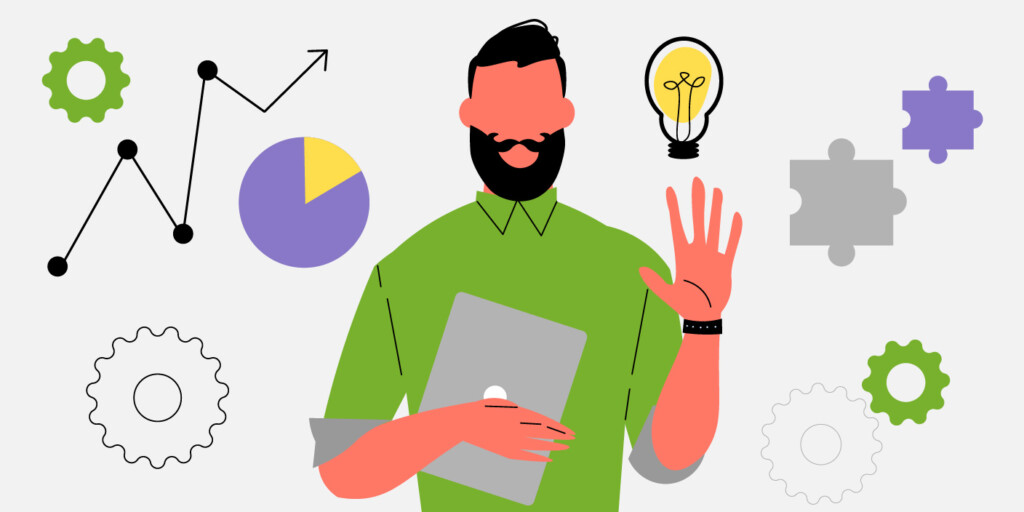
Finally, trading shows you how well you can bounce back from unfortunate situations. And there aren’t many traditional support systems, so you’ll have to rely on yourself to get through failures and losses.
You actually face two kinds of resourcefulness – planned and discovered. The first is where you write the risk management script beforehand and have at least a vague plan about what’s going to happen and how. The other kind comes about when you’re put in unfamiliar situations, and you discover what you’re capable of.
All in all, trading is full of surprises coming from the outside and within.
Sources:
Why Bill Ackman is quitting the short-selling game, Financial News London
Solitude as an Approach to Affective Self-Regulation, Research Gate
